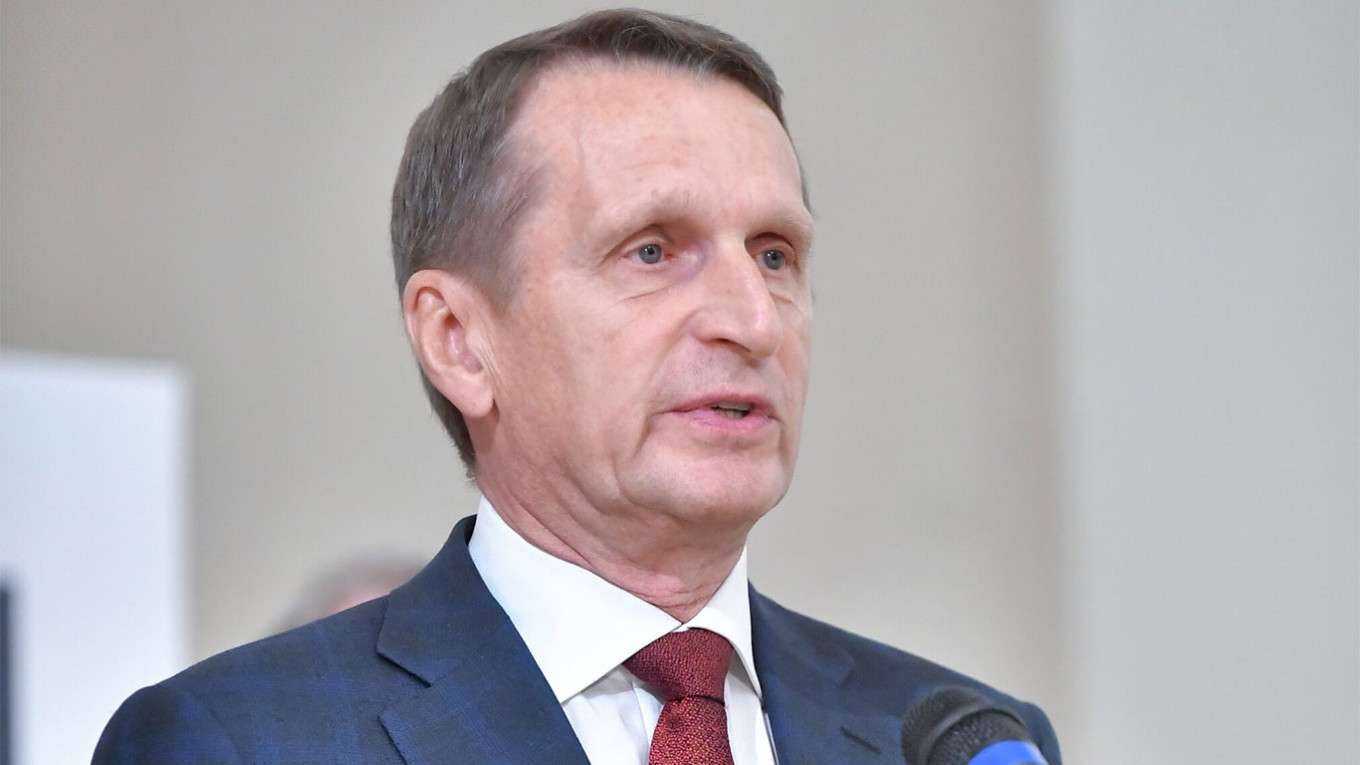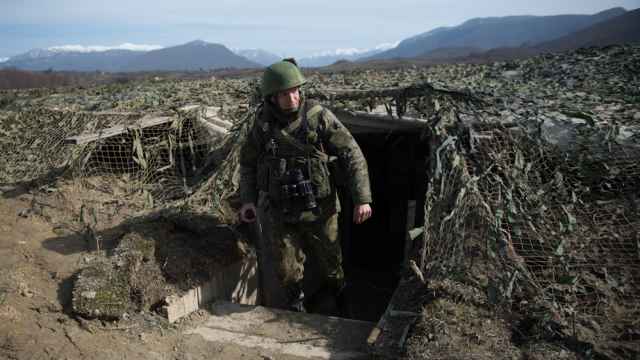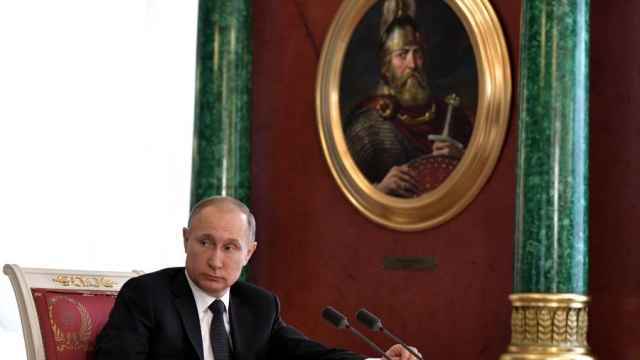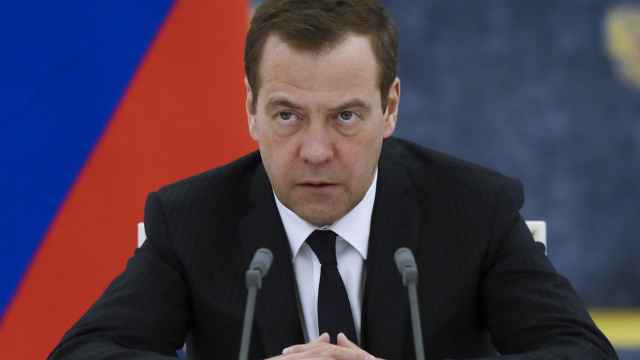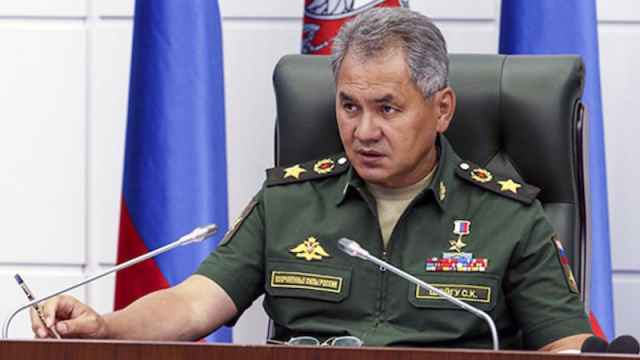Russia’s spy chief said Tuesday that U.S. warnings of a possible extremist attack were too broad to have prevented the deadly concert hall attack outside Moscow late last month.
“The Federal Security Service [FSB] received some information from the U.S. intelligence services that such a thing was unfortunately possible,” Sergei Naryshkin, who heads Russia’s Foreign Intelligence Service (SVR), told reporters.
“But as our Russian colleagues said, the information was too general and did not allow us to fully identify those who committed this terrible crime,” he was quoted as saying by the state-run Interfax news agency.
FSB chief Alexander Bortnikov last week also acknowledged that Russia had received “general” information about a possible attack from the United States.
The public and private U.S. warnings, along with a new report that Russian ally Iran had warned Moscow about the possibility of a major “terrorist operation,” have raised questions about Russia’s security lapse.
Meanwhile, top Russian officials have suggested, without providing evidence, that Ukraine and the West were partly responsible for the March 22 attack on Crocus City Hall, which claimed the lives of more than 140 people.
On Monday, the SVR’s press service accused the Biden administration of “deflecting suspicion” from Ukrainian President Volodymyr Zelensky and playing up the role of the Islamic State’s affiliate ISIS-K.
ISIS-K has said it was responsible for the massacre, while Kyiv and the West have denied any involvement.
President Vladimir Putin, who had dismissed the U.S. warnings as efforts to “intimidate and destabilize society,” said later Tuesday that Russia will “definitely” find out who had ordered the attack.
"We paid a very high price, and the entire analysis of the situation must be extremely objective and professional,” Putin told Interior Ministry officials.
A Message from The Moscow Times:
Dear readers,
We are facing unprecedented challenges. Russia's Prosecutor General's Office has designated The Moscow Times as an "undesirable" organization, criminalizing our work and putting our staff at risk of prosecution. This follows our earlier unjust labeling as a "foreign agent."
These actions are direct attempts to silence independent journalism in Russia. The authorities claim our work "discredits the decisions of the Russian leadership." We see things differently: we strive to provide accurate, unbiased reporting on Russia.
We, the journalists of The Moscow Times, refuse to be silenced. But to continue our work, we need your help.
Your support, no matter how small, makes a world of difference. If you can, please support us monthly starting from just $2. It's quick to set up, and every contribution makes a significant impact.
By supporting The Moscow Times, you're defending open, independent journalism in the face of repression. Thank you for standing with us.
Remind me later.


